This course responds to the training needs of graduates in Applied Languages or other graduates interested in the language professions. All candidates must have proven advanced competence in Languages to develop theoretical and technical skills in specific areas such as translation, subtitling, tourism and community interpreting.
Master students will have two working foreign languages in addition to Portuguese, to be chosen from among German, Chinese, Spanish, French, English, Italian, Japanese or Russian.
In addition to a common core curriculum, the course offers two training profiles: Translation; Tourism and Culture.
The course includes a three-semester curricular part, with seminars, practical and laboratory classes, and project work. The fourth semester is dedicated to an internship or to a thesis.
Internships can be carried out in Portugal or in international organisations/companies with which UMinho has established a protocol.
Application stages:
1st stage: 23 May to 02 June 2025 - International and National students
2nd stage: 04 to 15 de July 2025 - International and National students
3rd stage: 03 to 08 September 2025 - International and National students
1st Stage - Translation
Nationals
|
Internationals
|
3
|
2
|
1st Stage - Tourism and Culture
Nationals
|
Internationals
|
3
|
2
|
2nd Stage - National and international students: A total of 25 vacancies will be made available for both specialisation areas, in addition to the vacancies unfilled in the first stage.
3rd Stage - National and international students: unfilled vacancies in the 2nd stage.
N.B.In both quotas (international and national), any vacancies in one quota that are not filled will revert to the other quota.


